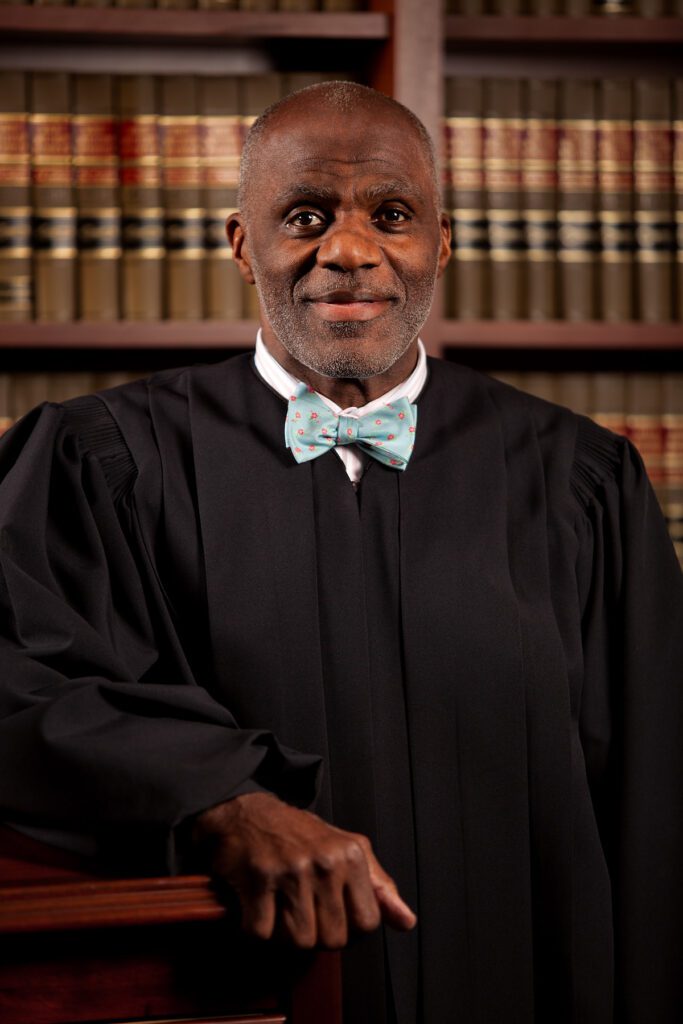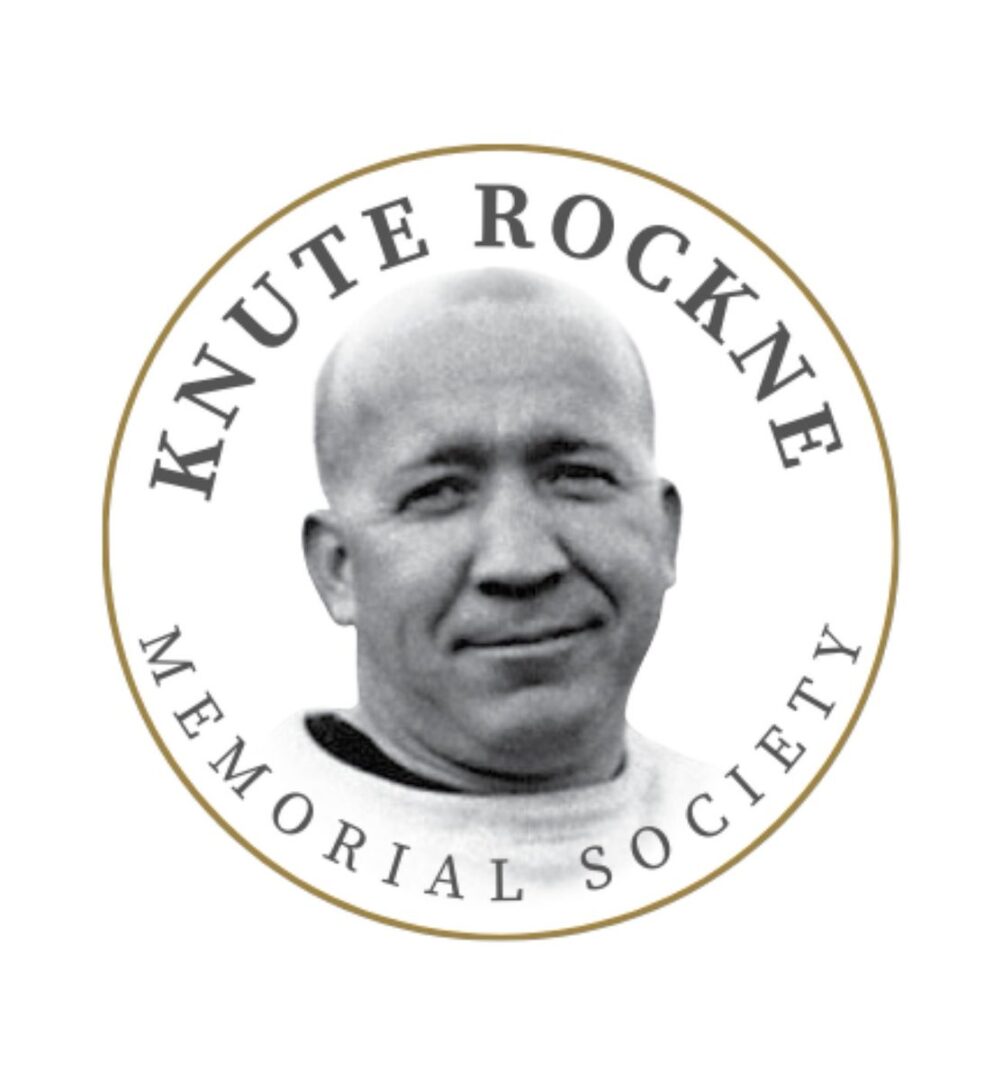
Alan Page
2019 Living Legend award
Alan Page will go down as one of the most dominating defensive forces ever to play the game of football, but he wants to be remembered for something else—bringing hope and empowerment to young people of color.
In 1988, Alan and his wife Diane Sims Page founded the Page Education Foundation, which provides financial and mentoring assistance to students of color in exchange for those students’ commitment to engaging in volunteer service in their communities. To date, the Page Education Foundation has awarded grants to more than 6,750 students, who in turn have given more than 420,000 hours of their own time to young children.
These days, since the passing of Diane in 2018, it is what most animates Page, who is working to find other ways to encourage students of color to be successful in school, especially by developing critical thinking skills.
In many ways, he says, football seems like a distant memory. But it was football that paved the way to his success in other fields.
Page arrived at Notre Dame in 1963 on an athletic scholarship from Central Catholic High School in Canton, Ohio. He found an all-male and virtually all-white campus. There were only a handful of teammates who were black, and no coaches of color. It was his first time away from home, adding to the challenges of adjustment. To some he came across as aloof, which was in reality a result of being shy and homesick. But he persevered and found success.
“Notre Dame gave me a solid academic foundation, but I was too distracted at the time to discover a love of learning for its own sake, which would only come later,” says Page. The distraction, of course, was football.
The 6-foot-4, 238-pound defensive end with cat-like quickness and great anticipation became nearly impossible for opponents to block. He quickly ascended to become a leader of the Notre Dame defense. In 1966, he anchored one of the greatest defenses in college football history. Coach Ara Parseghian‘s squad allowed just 38 total points in 10 games—including six shutouts—en route to capturing the national championship with a 9-0-1 mark. Page was voted a consensus All-American.
The Minnesota Vikings chose Page with a first-round pick in the 1967 draft and moved him to defensive tackle. With the Vikings, he became part of one of the most prolific front fours in history, dubbed the “Purple People Eaters.” During Page’s tenure, the Vikings won four of the five NFL or NFC title games in which they played.
In 1971, Page was named the National Football League’s Most Valuable Player, only the second defensive player to be accorded the honor. He was also named the league’s Defensive Player of the Year in 1971 and 1973. Page earned All-Pro honors six times, and was named second-team all-league three additional times, and voted to nine straight Pro Bowls.
Intelligent and hardworking with amazing speed and quickness, Page accumulated some imposing career statistics. He recovered 23 opponents’ fumbles, blocked 28 kicks and recorded 173 sacks. Rather than wait for the ball carrier, he sought him out. “A defensive player should think of himself more as an aggressor, not as a defender,” he explained.
Page combined playing professional football with study in the University of Minnesota Law School, even convincing Vikings Coach Bud Grant to give him a pass on one training camp. Page also gained some practical experience in conflict resolution as the National Football League Players Association representative for the Vikings.
Earning his law degree in 1978, Page practiced employment law in a large Minneapolis firm and eventually joined the staff of the Minnesota attorney general. In 1992 he was elected to the nine-person Minnesota Supreme Court as the first African American to hold a major state office. He was the biggest vote-getter in state history when re-elected in 1998 and became the court’s senior justice after reelections in 2004 and 2010.
Alan Page’s honors are many. He was inducted into the Pro Football Hall of Fame (1988) and College Football Hall of Fame (1993). Page was presented with a 1992 NCAA Silver Anniversary Award for achieving personal distinction since his graduation. In 2005, he was awarded the National Football Foundation Distinguished American Award. And earlier this year, he received the Presidential Medal of Freedom.
It was at his 1988 induction to the NFL Hall of Fame in his hometown of Canton that the honoree again broke new ground. He asked the black female principal of a Minneapolis high school to introduce him, eschewing the usual selection of a coach or teammate. Then he used his own podium time not to wax nostalgic about football exploits, but to launch the Page Education Foundation to encourage students of color to pursue post-secondary education.
“I don’t know when children stop dreaming,” he told his audience, “but I do know hope starts leaking away because I have seen it happen.”
He vowed “to go back into the schools and find the shy ones and the stragglers, the square pegs and the hard cases” before they had given up on the system or the system had given up on them.
His mission continues to this day.
Donate
Support the work of the Knute Rockne Memorial Society with a tax-deductible donation today.
Subscribe
Join our email list to receive the latest news and posts from the Knute Rockne Memorial Society.
